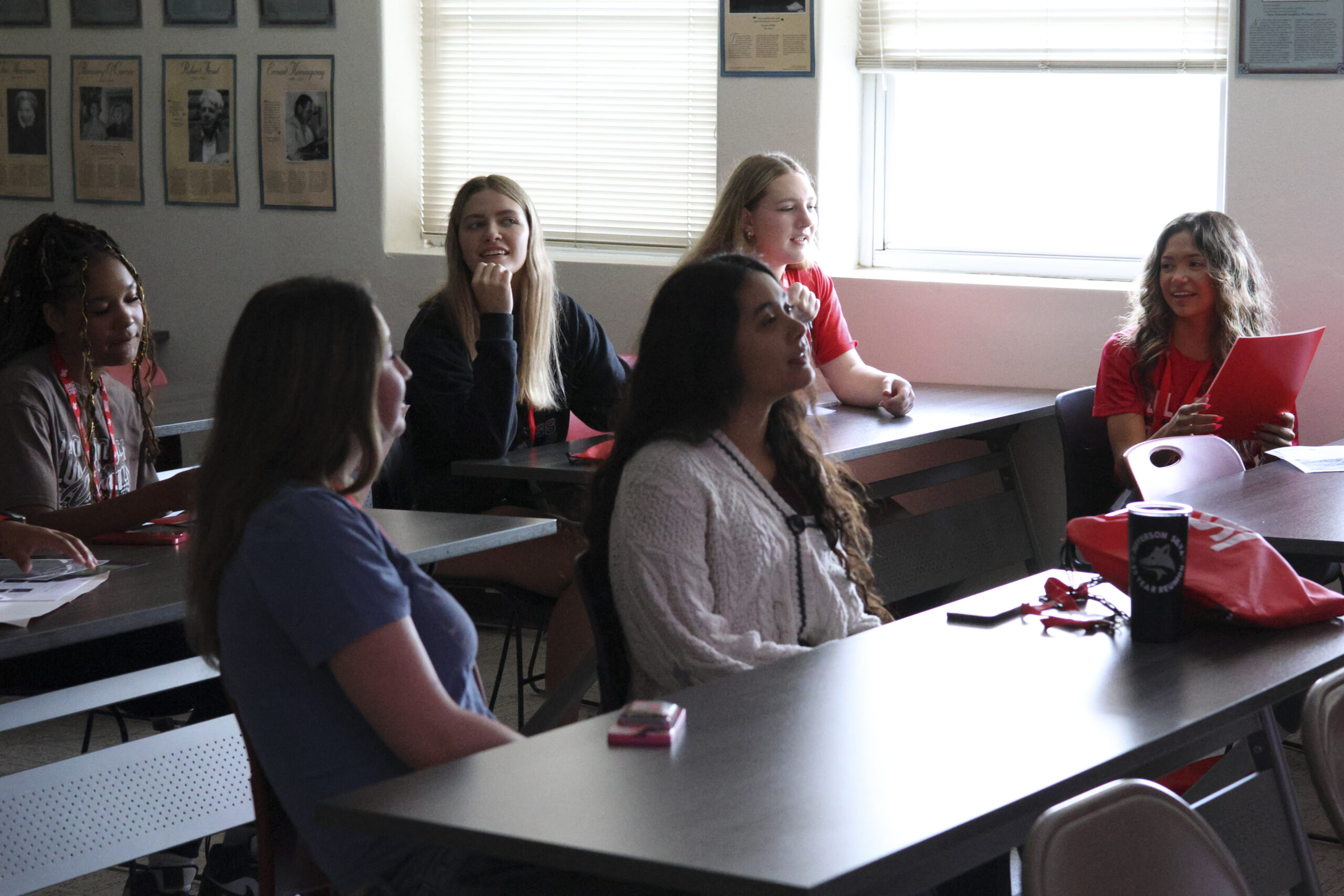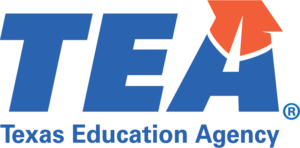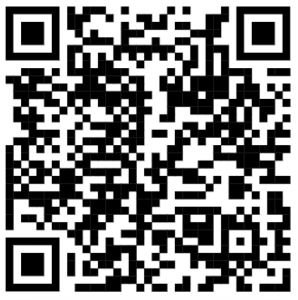Created as a state normal college, the primary purpose of Sul Ross State University originally was preparing teachers for the public schools of west Texas. While the university now serves a wider purpose, the College of Education actively seeks to prepare students for service in the educational world of the 21st century and offers a Bachelor of Science in Interdisciplinary Studies in Alpine.
The continuing mission of the College of Education is to prepare students to be
- Successful educational leaders;
- Practicing scholars; and
- Lifelong learners.
Students interested in becoming a certified teacher in Texas public schools should contact the College of Education early in their SRSU career. While most coursework is taken in various departments of the University, it is crucial that the appropriate courses be chosen, sequenced, and completed so students may transition to the Teacher Education Program with minimal disruption. Each teaching area has requirements for certification that must be met.
Students apply for admission to the Teacher Education Program in the middle of the junior year when you have 75 or more semester credit hours of approved college coursework.
Specific information regarding Teacher Education requirements may be found in the current University catalog.









